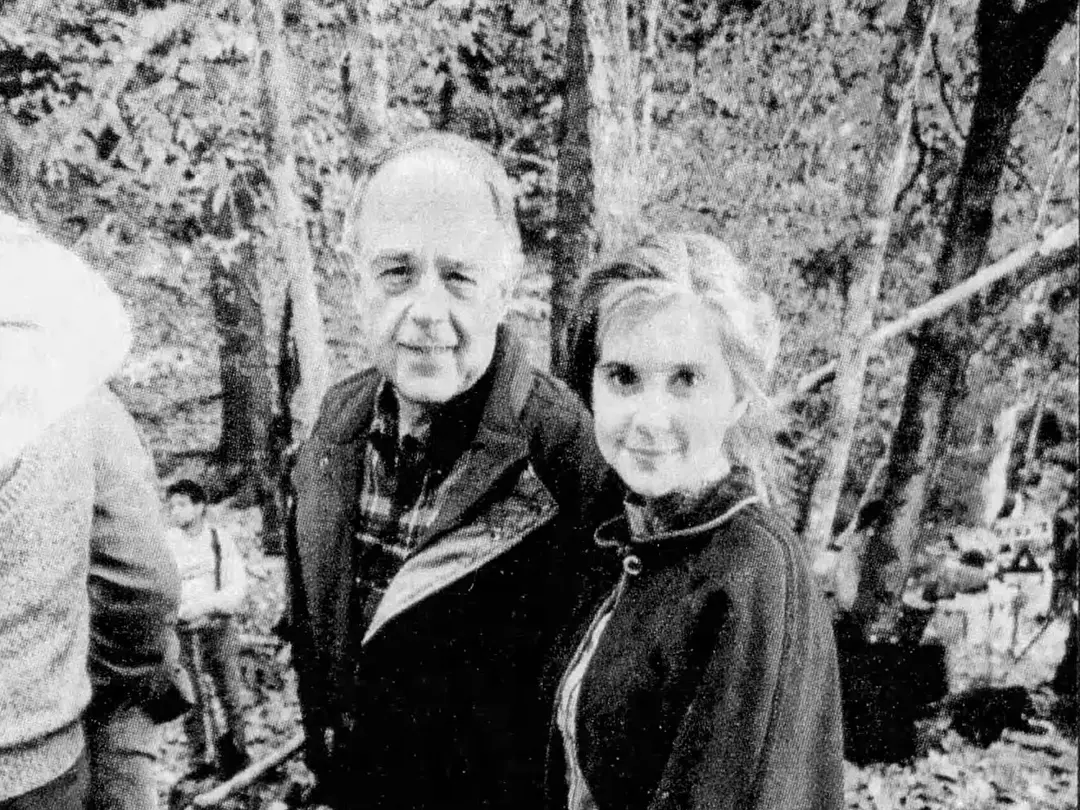by Lynn Elber
The Associated Press
LOS ANGELES – The best-selling Catherine Marshall novel titled Christy, about a spirited young schoolteacher in Appalachia, turned out to be a hard sell to Hollywood. For nearly two decades, producer Ken Wales tried on and off to make a film out of Marshall’s dramatized account of her mother’s life. It took the return of family drama to television to bring the project to life.
Christy, with Kellie Martin in the title role and co-starring Tyne Daly, debuts as a two-hour movie at 7 p.m. Sunday on KSAZ-TV (Channel 10), followed by six one-hour episodes, the first at 7 p.m. Thursday. It joins a small, sudden wave of family-oriented TV series, including The Road Home, Byrds of Paradise and the sophomore, Dr. Quinn, Medicine Woman. The frustrating effort to bring Christy to the screen took 18 years about the age of its teen-age star, Wales says. “A lot of people along the way have made fun of me, saying ‘Oh, Ken’s still at it. Why don’t you tell us about Christy, ho, ho,’ ” he says.
Story of teacher
“But there were some wonderful friends who said ‘Don’t give up.’ The critically acclaimed Christy, published in 1967, tells the story of a 19-year-old who leaves her city home in 1912 to teach at a mission school in the desperately poor Tennessee hamlet of Cutter Gap.
The story closely parallels that of Leonora Wood, Marshall’s mother, who came of age as a young teacher in Del Rio, Tenn. The novel, which has sold 8 million copies internationally, is in its 84th printing.”I think this is exactly what television needs right now, with all the controversy over violence,” says Martin, who appeared for four seasons as Becca on the ABC series Life Goes On.
The character of Christy Huddleston is determined, energetic and “always looks for the good in people,” Martin says.
Wales’ first brush with Christy was in 1969, when he was working on a film at MGM and another producer was readying Marshall’s book for the screen. When the studio was sold, Christy and other projects stalled.
“They just banished them to the basement of the studio,” Wales says. It was in 1975, after he saw a poster advertising a speech by Marshall, that he first picked up the novel and found his interest sparked. “I read it two days straight, and said this is really good material,” Wales recalls. “Good storytelling, rich characters I just fell in love with it.”
He contacted Marshall at her Virginia home and discovered her frustration over the dormant project. Her other Hollywood experience had been more positive: A Man Called Peter, Marshall’s book about her late husband, the chaplain of the U.S. Senate during World War II, had been turned into a successful film.
Wales tried to prevail on MGM, but the studio refused to sell the rights to the novel or go into partnership and make the film, he says. In 1983, Marshall died, her goal unrealized. Two years later, the sale of MGM opened up a window of opportunity that allowed Wales to strike a deal for the rights. “I gulped and said, ‘How much?’ Gulped twice and three times and went out and made the arrangements; went out and mortgaged the house,” he says. He struggled to arrange financing for the film. Then CBS called in 1991 to propose a series.
“I said, ‘It’s really very kind of you, but I really want to do this as a feature film,'” he recalls. “I had the music lined up, I’d been to Tennessee and scouted locations. I knew exactly what I wanted to do on the big screen.” When CBS called a second time, in 1993, Wales saw the light and decided it was, indeed, in the shape of a TV screen. But he held tough on some requirements.
Little Tennessee town
“I said it has to be authentic,” Wales says. “It really has to be shot where it happened. You can’t shoot this in Malibu.”
The location selected for filming turned out to be one he had picked years ago: Townsend, Tenn., not far from Del Rio, with sweeping views of the Great Smoky Mountains. He and co-producer Barney Rosenzweig have lured impressive guest stars, including singer Judy Collins, to the remote location. Collins performs Amazing Grace in one episode.
Wales regrets that Marshall and Wood, who was in her 90s when she died six years after her daughter, didn’t get to see the series. But he believes their inspiration lives on in Christy. “This is the role model of a girl who makes a commitment,” he says. “I have a 14-year-old stepdaughter, and I yearn for her so much to have a focus and a role model and not MTV.”
